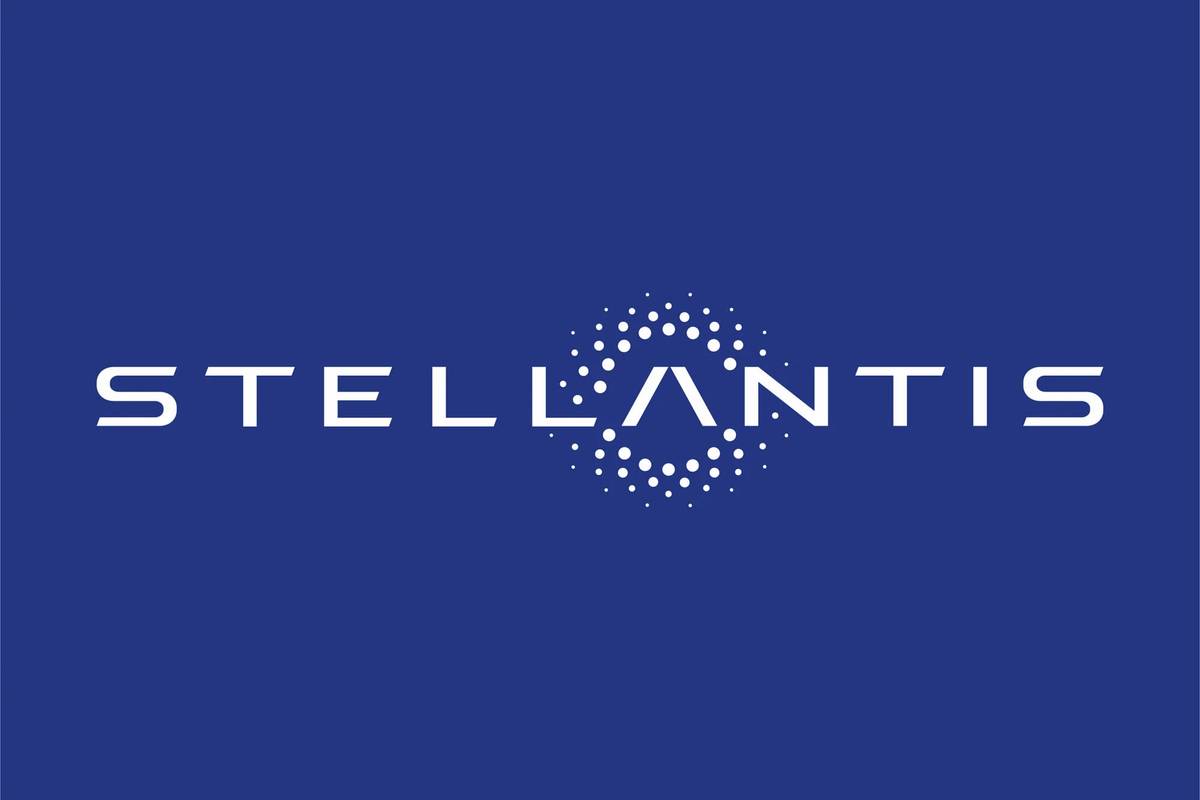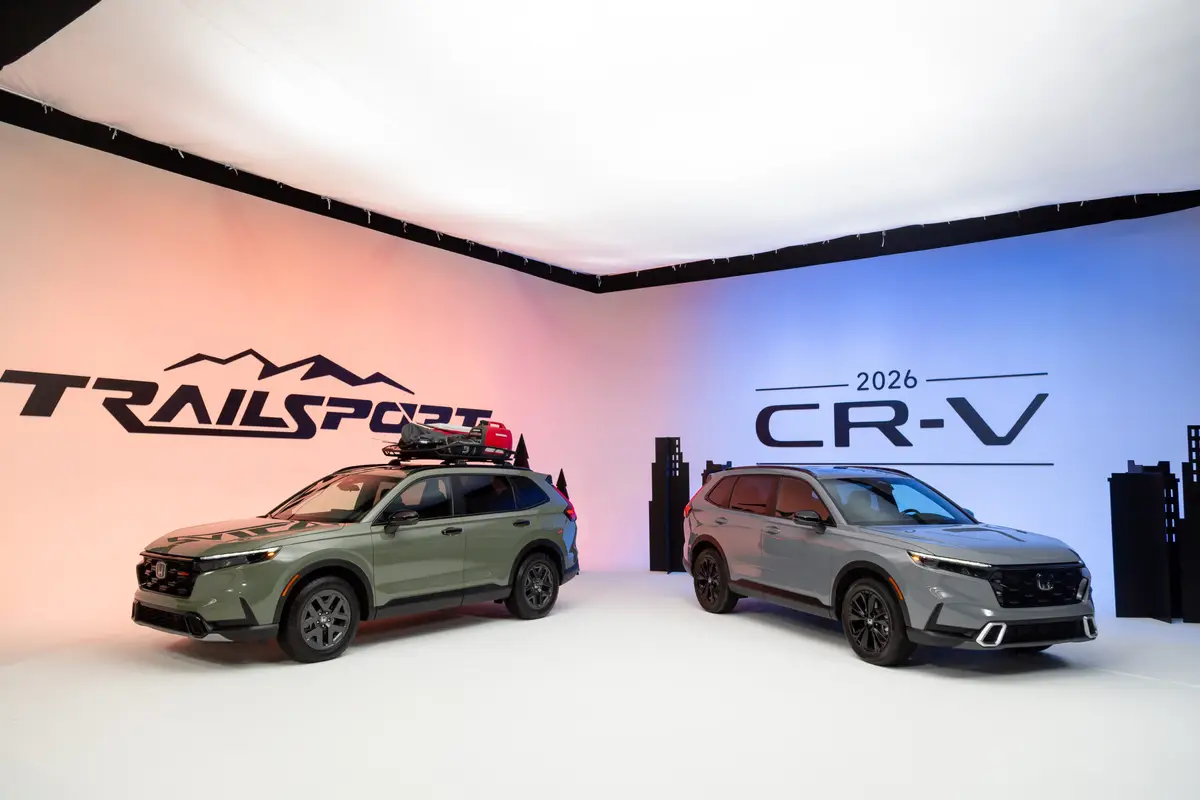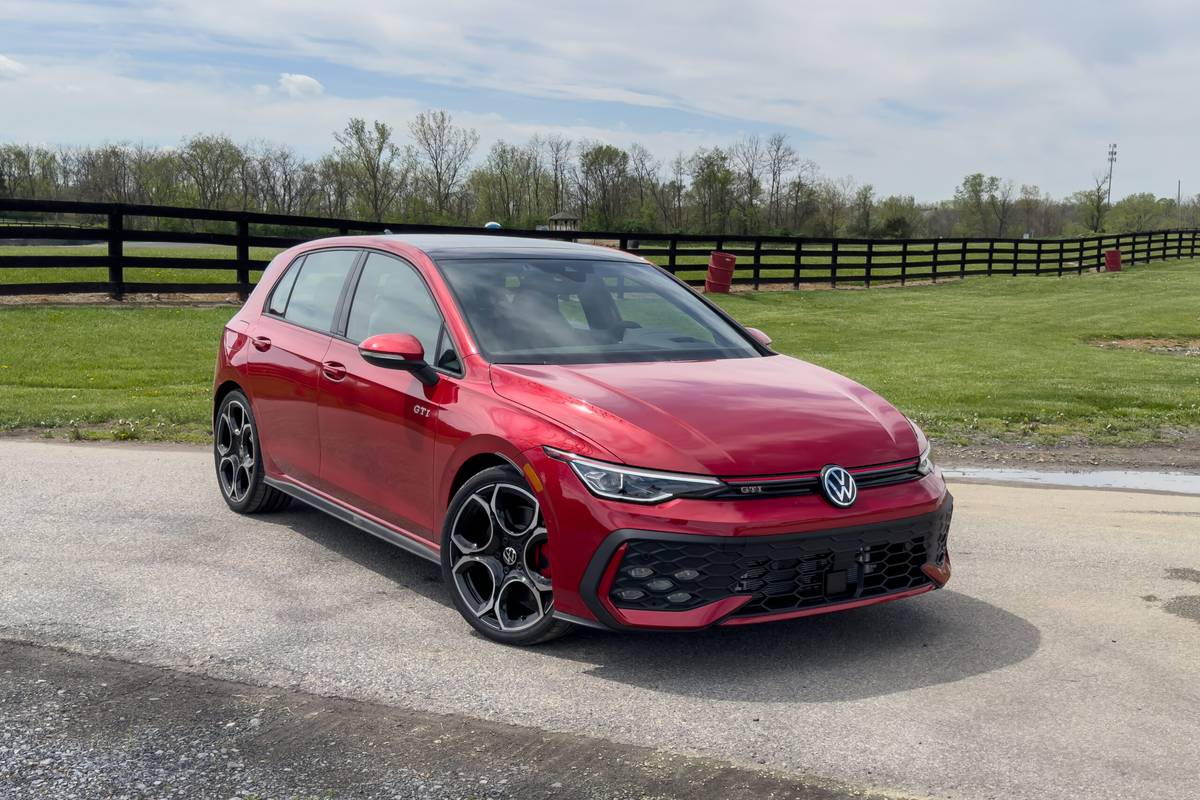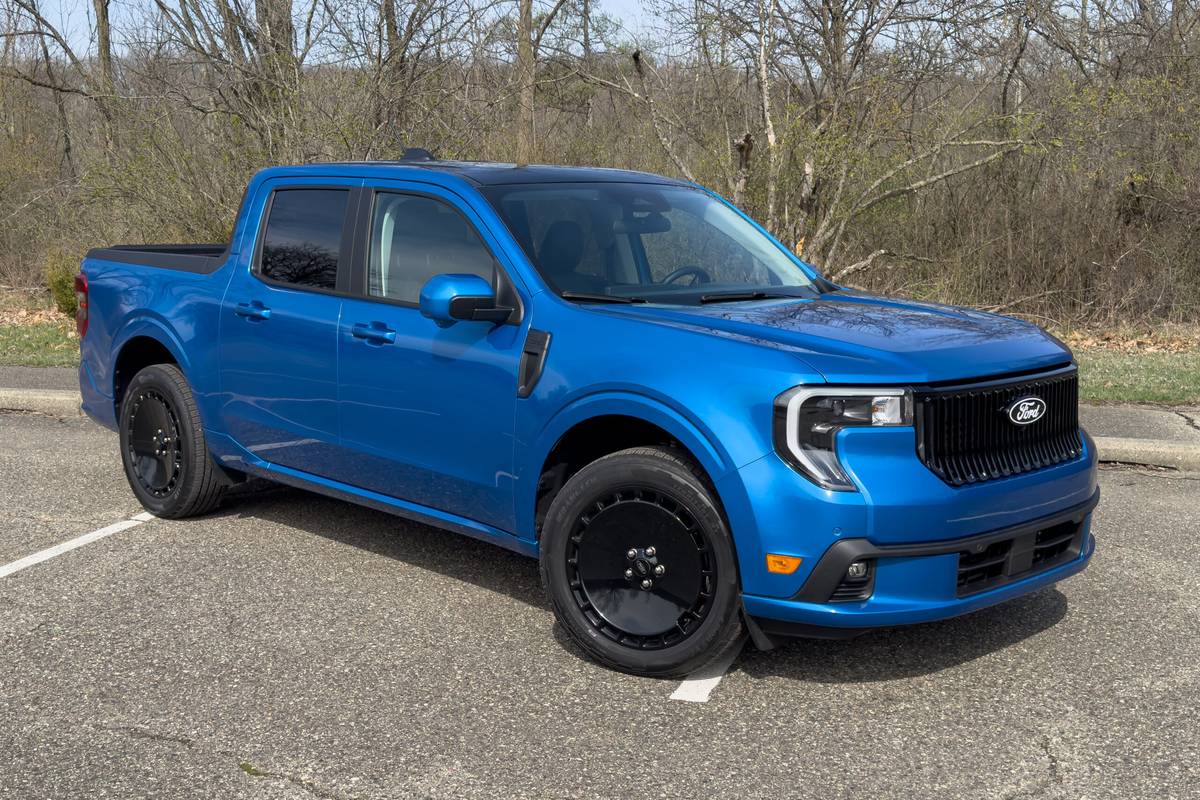What Is Stellantis?


Stellantis is a new company formed by a merger between French automaker PSA Group and Italian-American automaker Fiat Chrysler Automobiles. A culmination of discussions dating back to at least 2019, the merger concluded on Jan. 16 to purportedly create the world’s fourth largest automaker by volume.
Related: Honda Odyssey Vs. Chrysler Pacifica: Which Minivan Has the Better Cabin Camera?
- ${price_badge()}
- ${battery_badge()}${ev_report_link()}
- ${hot_car_badge()}
- ${award_badge()}
- ${cpo_badge()}
${price_badge_description}
The EV Battery Rating is based on this vehicle's current expected range relative to the vehicles expected range when new. ${battery_badge_text}
Certified cars are manufacturer warrantied and typically go through a rigorous multi-point inspection.
This car is likely to sell soon based on the price, features, and condition.
${award_blurb}
${award_two_blurb}
Shop the 2021 Chrysler Pacifica near you


Indeed, Stellantis has more than a dozen passenger-car brands under its wings: Alfa Romeo, Chrysler, Dodge, Fiat, Jeep, Lancia, Maserati and Ram from FCA; and Citroen, DS, Opel, Peugeot and Vauxhall under PSA Group. The latter automaker was once known as PSA Peugeot Citroen, a reference to two of its three core brands (the third is DS). PSA Peugeot Citroen changed to PSA Group in 2016 before adding Opel and Vauxhall, two brands jettisoned by GM’s European arm, in early 2017.
Naturally, the new automaker has far-flung operations. Like FCA, Stellantis is incorporated in Amsterdam but carries an official business address in London. Major operations span North America and Central America as well as Europe, and public shares are traded in the French, Italian and U.S. stock markets. Carlos Tavares, the new automaker’s CEO, is the former chairman of PSA Group.
For U.S. shoppers, that doesn’t necessarily mean we’ll see a rush of Stellantis’ overseas brands appearing at dealerships anytime soon. Even before the merger, FCA didn’t sell all brands in America (think Lancia, for example). But shared product development means shoppers might see vehicles based on overseas platforms showing up from U.S. brands: a Chrysler or Dodge that’s based on a Peugeot, for example. At least for now, that would seem more likely than an actual Peugeot coming stateside. Then-PSA vowed last decade to return to North America, but the merger reportedly complicates such prospects.
More From Cars.com:
- FCA, Feds Reach $800M Settlement in Diesel Emissions Scandal
- What Is Uconnect and Is Uconnect Worth It?
- Faster, Clearer Uconnect5 Is Coming
- 2021 Chrysler Pacifica Delivers Big on Safety, Features for Small Price Bump
- Fiat Chrysler Automobiles Buys Into Contact-Free Car Sales With Online Retail Experience
Related Video:
Cars.com’s Editorial department is your source for automotive news and reviews. In line with Cars.com’s long-standing ethics policy, editors and reviewers don’t accept gifts or free trips from automakers. The Editorial department is independent of Cars.com’s advertising, sales and sponsored content departments.

Former Assistant Managing Editor-News Kelsey Mays likes quality, reliability, safety and practicality. But he also likes a fair price.
Featured stories




